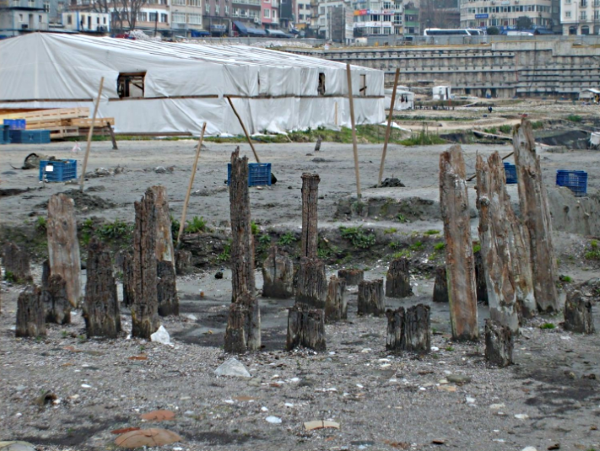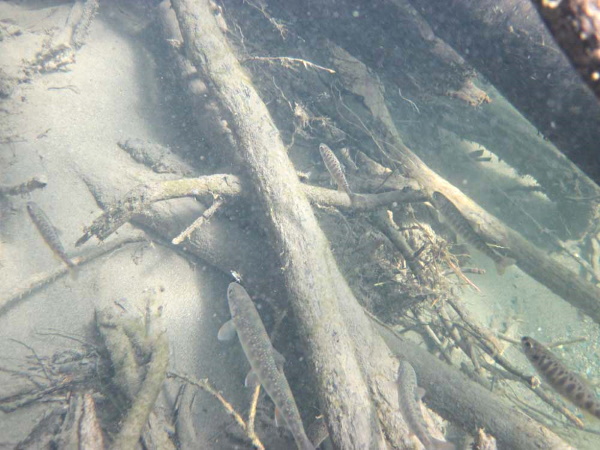In a natural testament to the stability of some terpenes, scientists have yielded a monoterpenoid and a sesquiterpene from ancient conifer trees that had been submerged for millions of years. Both of these terpenes were found in unaltered condition, although tests showed that other, more volatile monoterpenes did not fare as well in the anerobic underwater environment.
Researchers in Japan recovered conifer wood from the bottom of the Noto Peninsula, which harbors an ancient submerged forest from the Miocene era (5.3 to 23.3 million years ago). Analysis of solvent extracts prepared from these silicified wood samples showed that two terpenes were present in unaltered condition: α-terpineol – a monocyclic monoterpenoid, and α-cedrene[1], a tricyclic sesquiterpene.
Similar findings have been reported in Istanbul, where scientists have recovered cedrene in pristine condition from the marine pilings of the ancient port of Theodosius[2]. The cypress wood recovered from this port was dated to around 1100 AD. Researchers noted that other terpenes, particularly monoterpenes, were significantly altered .

Feature Image Credit: Native Village of Napaimute, from; http://napaimute.org/2012/08/14/the-importance-of-wood-in-our-streams/
[1] Ludwiczuk, Agnieszka, and Yoshinori Asakawa. “Terpenoids Preserved in Fossils from Miocene-aged Japanese Conifer Wood..” Natural product communications 10.6 (2015): 1051-3
[2] Balaban-Uçar, M., and O. Gönültaş. “Volatile compounds of archaeological wood from the ancient harbor Thedosius in Istanbul.” European Journal of Wood and Wood Products 77.3 (2019): 475-481
